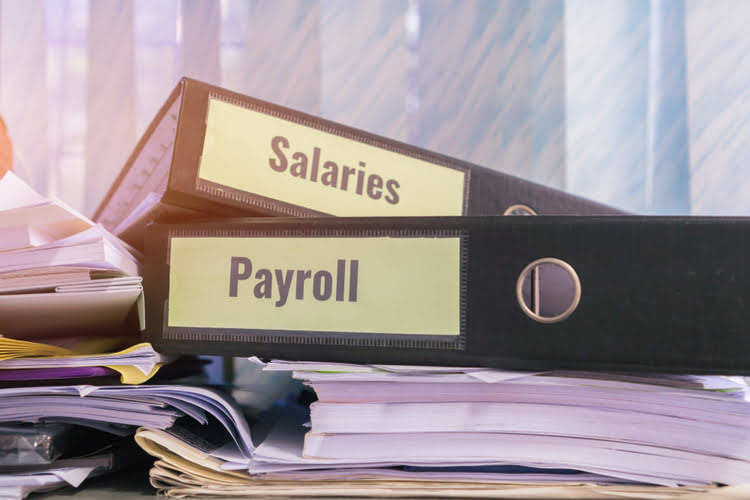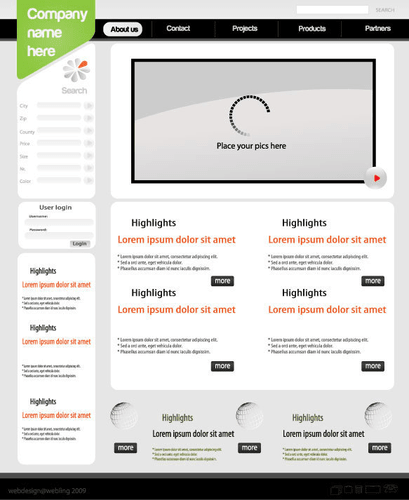How Long Should You Keep Your Business Records?

For more detailed information refer to Publication 583, Starting a Business and Keeping Records. If your accounting software lets you securely upload receipts and other documents, you can attach files to the transactions themselves. And with digital records, you can say goodbye to paper records and disorganization. By maintaining comprehensive customer records, you can provide personalized service, anticipate customer needs, and build long-term loyalty. Proper vendor record keeping allows for effective supplier management, ensures timely deliveries, and facilitates prompt resolution of any issues or concerns. As you can see, record keeping is not just a necessary administrative task but a strategic tool for managing and growing your small business.
- Electronic filing allows the IRS to examine all proper documentation without printouts; documentation can be more easily shared if your business has filed everything electronically.
- Keeping your records in an organized manner makes your business future proof.
- You can also keep digital records of all bank transactions in case you want to avoid being loaded with a ton of paperwork.
- However, if you are still troubled about how long to keep these receipts, you should know that even expenses under $75 can be questioned during an audit or lawsuit.
- Let’s review some of the business records that the IRS may request, how long to keep each one, and why these records are so important.
If you omitted income from your return

If you are unsure of which records to keep and for how long, this guide virtual accountant will help you navigate the tedious task of record-keeping. Here, you can learn about managing small business financial records and the different ways to file them. Get an overview of all the different records and receipts you have to maintain as a small business owner and how to manage them efficiently.

Supporting business documents

Remember, while hiring professional help for record keeping incurs some cost, the benefits far outweigh the expense. With professional assistance, you can rest assured that your records are accurate, well-maintained, and compliant, allowing you to focus on running and growing your business with peace of mind. Remember, customer and vendor records play a crucial role in understanding and managing your business relationships.
- If you’re still unsure about how long to hold onto these receipts, bear in mind that any expense that is less than $75 may be called into question in the event of an audit or legal dispute.
- Keeping thorough and well-organized records not only benefits your business internally but also contributes to building trust among stakeholders such as investors, lenders, and potential partners.
- Purchasing an online software allows for you to be able to access your accounting information anywhere you have an internet connection.
- Keeping accurate financial records allows you to analyze your business’s performance, identify areas for improvement, and make informed financial decisions.
- It is important for you not to do this mistake and maintain separate records for your business.
Taking care of business: recordkeeping for small businesses
- They keep track of business financial records such as sales, expenses, inventory, and assets.
- Contact us today to learn more about our accounting and advisory services and how we can support your business.
- Ideally, you should keep the originals of your physical files with digital backups securely stored.
- You must keep your records as long as needed to prove the income or deductions on a tax return.
- It demonstrates your commitment to financial transparency, accountability, and professionalism.
All required is a backup file, which the IRS can request during an audit. Income that flows into your business will generate a receipt or invoice. Once that information has been entered into your accounting system, keep a copy as confirmation. Small-business owners should keep gross receipts for 3 years from petty cash the date of filing taxes.

Now that you know the importance of record-keeping, and also its retention, let’s see what are the tools you can use to do so. Record keeping has its own variations- from simple manila folder filing systems to complex on-line electronic systems. But as we grow towards modern age and we’re incorporating technology in literally every aspect of your life, it is important for you to do this with account keeping as well. Let’s answer what type of record you need to keep as a business owner. Once you know the basics of debits and credits, record keeping for small business you’re on your way to creating journal entries for detailed records. Business owners should keep all records of employment taxes for at least four years.



